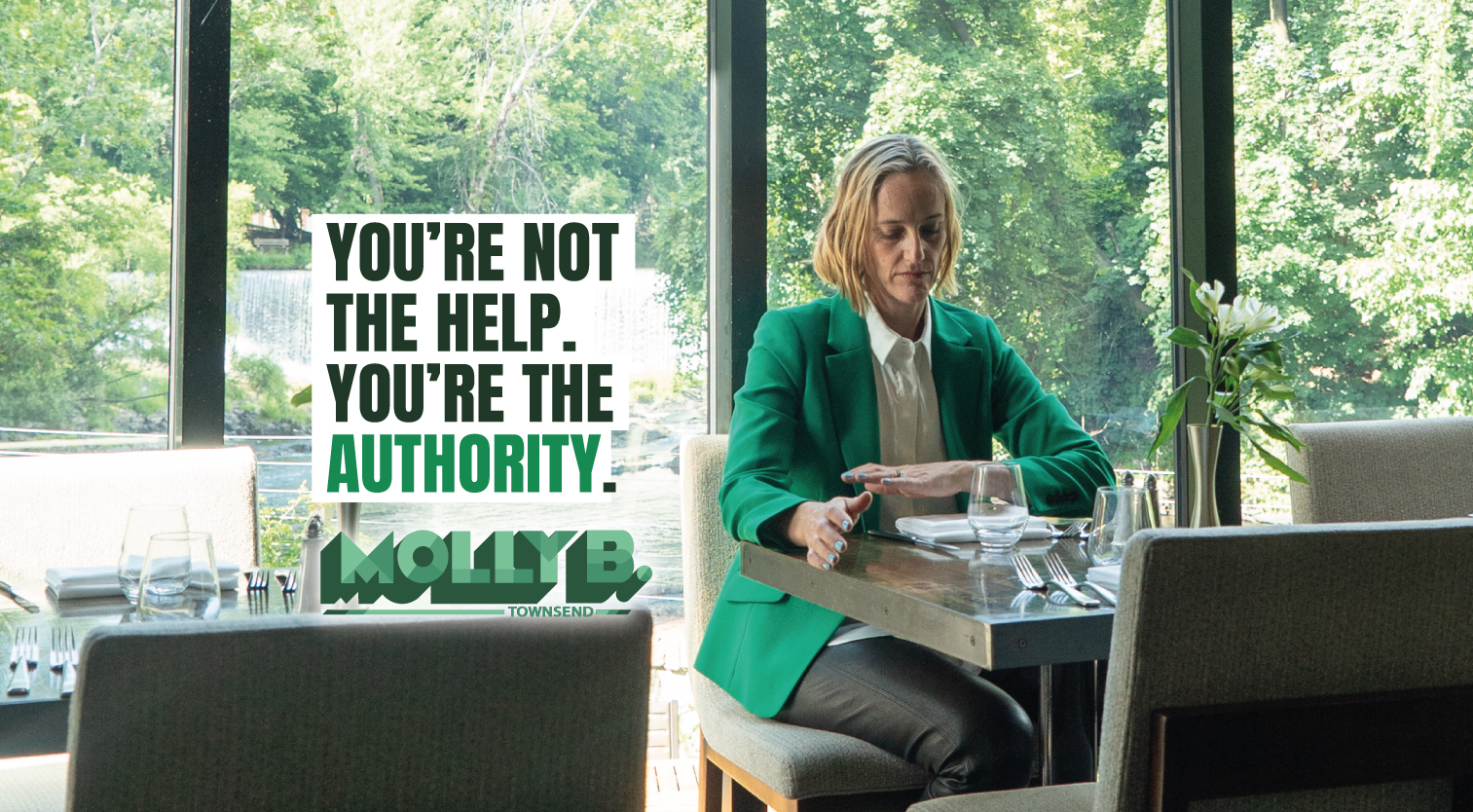During college winter break, I sold Christmas trees on the Upper East Side. It was a great gig: pick the tree, deliver it on foot, and set it up in Park Avenue apartments where the square footage and the art spoke for themselves..
One afternoon, I was delivering a tree to an older couple on Park Avenue. Classic story: the trunk was too thick for the stand, and I spent a good 45 minutes shaving it down with a dull handsaw. When I finally got it upright and centered in their living room, the woman turned to me and asked, “Do you do speakers too?” She pointed to the stereo system.
It was a moment of quiet revelation. I realized she didn’t see me as a salesperson. She saw me as a service person. The type who, like her handyman or cable guy, could probably fix a speaker, hang curtains, and unclog a sink if she asked nicely enough.
And here’s the thing: in real estate, we are service people.
Even the ones jetting off to the Hamptons on weekends? Still service people.
We’re in a business where our job is to guide, support, anticipate, and solve. We are in people’s lives during some of their most vulnerable and high-stakes transitions. But somewhere along the way, many of us start saying yes to too much. Not just emotionally, but practically.
You meet the painter when the client is stuck at work. Then you let the contractor into the apartment because it’s “just easier.” Then the contractor bails on day two, and you find yourself picking up a paint roller because there’s an open house on Sunday and someone’s got to do it.
It’s a slippery slope from helpful to over-functioning.
And what gets lost in that slide? Authority. Value. The clarity of your role.

We talk a lot about being advisors in this industry. About elevating the way agents are perceived. But that doesn’t happen because you work harder or give more. It happens when you start drawing better boundaries.
It’s not about being rigid or inaccessible. It’s about knowing where your role ends and someone else’s begins. It’s about having the confidence to say:
“I’m here to advise, not to manage vendors. Let’s make sure we have the right team in place.” Or, “That’s a great question for your attorney. Want me to loop them in?”
It’s not cold. It’s professional.
And it’s how you protect your energy, your time, and your worth.

Coaching Corner: Be Seen Clearly
If you’re constantly doing extras that don’t fall under your role, you’re training clients to see you through the wrong lens. And that misperception? It costs you—not just time, but respect.
Try this reframing:
→ Instead of “I’ll just do it,” ask:
“Is this something only I can do?”
If not, it’s time to delegate or redirect.
→ Instead of fearing you’ll seem difficult, remember:
Boundaries make your brilliance more visible.
When you’re not in the weeds, you can lead from the front.
→ Instead of saying yes to everything, say:
“Here’s how I can support you best.”
Then stay in that lane with excellence and grace.

Final Thought
There’s no shame in being seen as a service provider. That’s what we are. But within that, you get to choose the kind of service you deliver and the kind of respect you command.
You’re not just the tree guy. You’re not the tech support. You’re not the emotional sponge.
You’re a strategic, high-integrity professional.
Make sure your boundaries reflect that.





